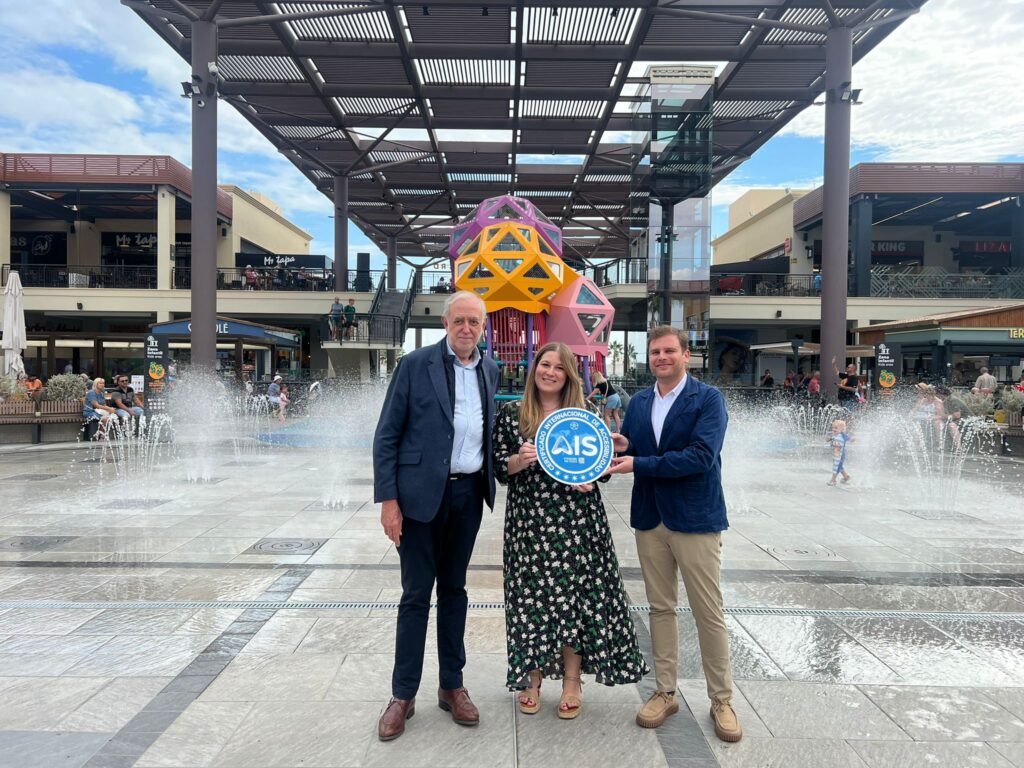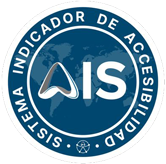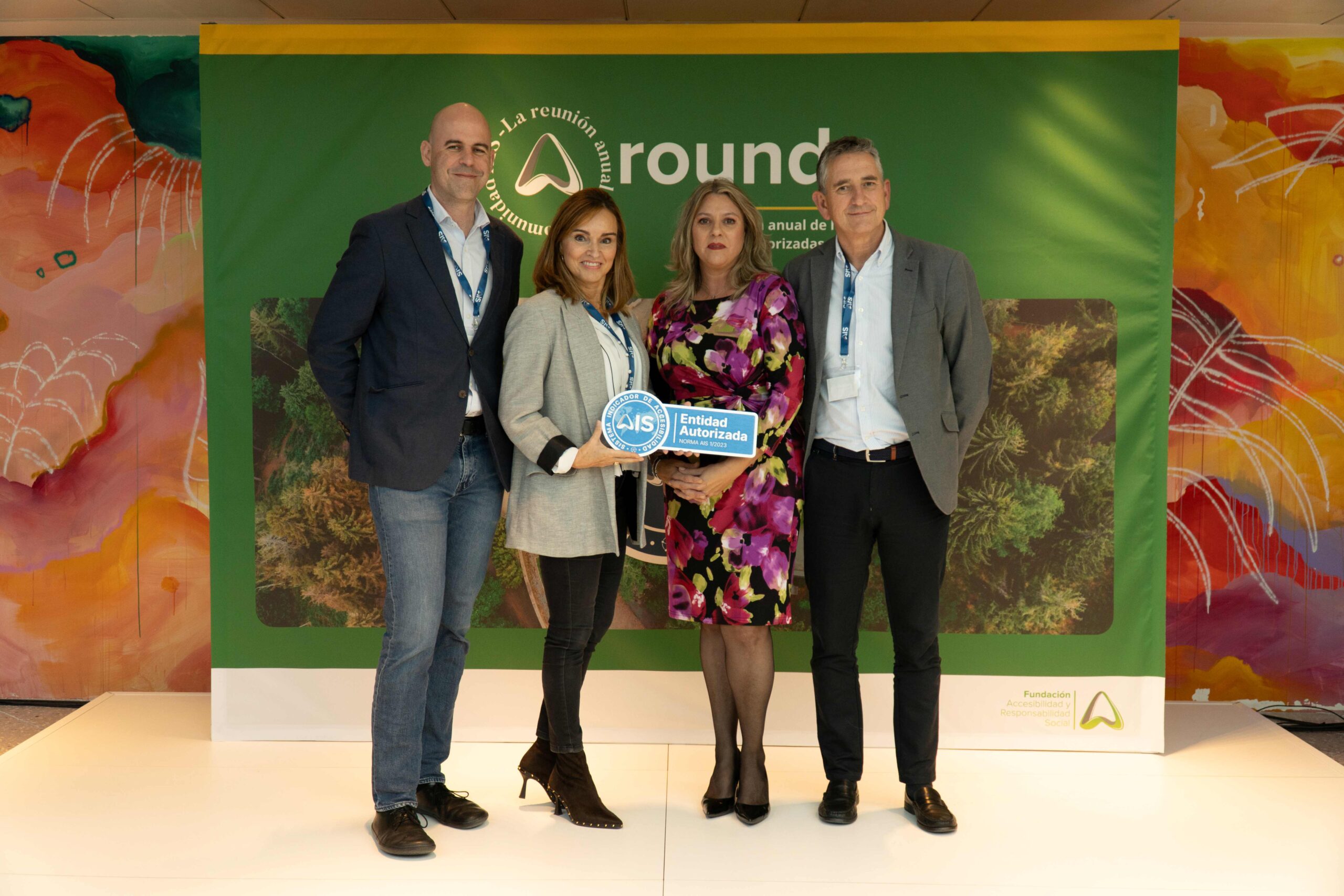Nhood has been accredited as an Authorized Entity AIS 1/2023 by the Foundation for Accessibility and Social Responsibility (ARS). This accreditation allows Nhood to evaluate and assess the level of accessibility of buildings, urban spaces, services and events, both in the design phase and already executed, under the international standard AIS (Accessibility Indicator System).
AIS certification evaluates the degree of accessibility of built environments, ensuring that all people – regardless of their physical, sensory or cognitive abilities – can interact with them safely, comfortably and independently. The system establishes a star rating, from 1 to 5, with 5 stars being the highest level of accessibility.
Vialia Vigo and Zenia Boulevard, managed by Nhood, have already achieved the maximum 5-star AIS rating, following a monitoring process that has accompanied their execution and refurbishment phases. These recognitions are in addition to other certifications obtained by our centers in management, such as BREEAM, which guarantee environmental sustainability and efficiency in the management of their assets.

Accessibility, Nhood’s strategic line of action
Among Nhood’s strategic lines for this year is the progressive incorporation of accessibility standards in its projects, through measures that favor more inclusive environments that respect functional diversity. This commitment is part of an integral vision of sustainability, where accessibility is part of the company’s social commitment.
Andrés Barrio (Nhood): “Accessibility is not an add-on, but an essential condition for building spaces that meet people’s real needs”.
For Andrés Barrio, Sustainability Manager of Nhood Spain, “accessibility is not an add-on, but an essential condition for building spaces that respond to the real needs of people. This accreditation allows us to integrate accessibility from the origin of each project, ensuring that our urban developments are inclusive, functional and respectful of the diversity of those who inhabit them”.
In addition to facilitating the incorporation of technical criteria in the design and management of spaces, the AIS system makes it possible to carry out evaluations that identify areas for improvement, favoring the continuous evolution of built environments. Its international recognition provides a shared methodological framework that facilitates consistency in projects developed in different geographical contexts.

